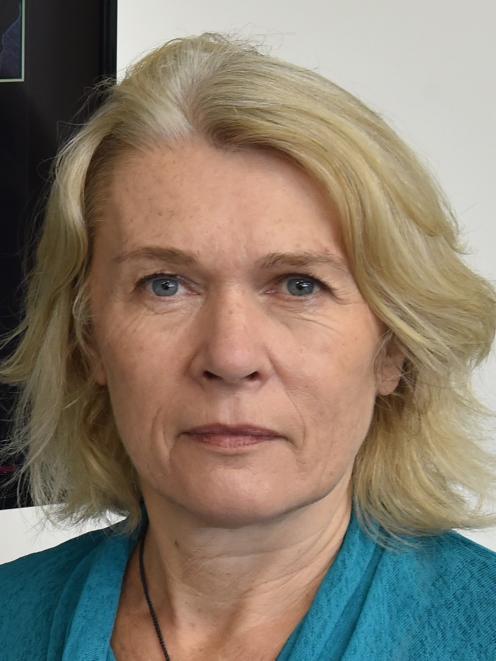
When signed off by the former Labour-led government the hospital project was fully publicly funded, but it has already been bedevilled by cost overruns: the current $1.68 billion budget has been increased several times despite construction having barely started.
Labour is ideologically opposed to public-private partnerships but National has espoused them in the past.
The National coalition agreement with Act New Zealand commits the government to investigate build and lease-back arrangements with the private sector to build public service infrastructure.
New Zealand First leader Winston Peters has promised to build the hospital Dunedin was promised and "not nickel and dime it".
Ms Leary took to social media yesterday and expressed concern that the new hospital could be on a "so-called red list" of projects in the Te Whatu Ora annual report — projects which "may require a change in scope or funding to proceed.”
"There was no talk . . . of private ownership. It just does not make sense given that the private sector expects a higher return than the government’s cost of funds," she said.
"Dr Reti must immediately clarify for the people of Otago and Southland: 1. That the new Dunedin hospital is and will remain in public ownership, and 2. The rate of return a private owner would expect if the private sector paid for and owned the building."
The scope of the new hospital has already been reviewed, by Labour last term, due to concerns about steepling construction costs.
The proposed cuts to the inpatient building sparked public outrage and a campaign backed by the Dunedin City Council and Otago Daily Times to reverse them.

Labour eventually reversed most of the cuts, and National campaigned on scrapping the cuts entirely, its leader Christopher Luxon travelling to Dunedin along with Dr Reti to make that announcement.
On Saturday, RNZ reported that the government had confirmed it was considering different funding models to build new hospitals.
Infrastructure Minister Chris Bishop said it was important to "keep an open mind as we investigate the most efficient and effective ways” to deliver health services.
"Build and lease-back arrangements would entrust reputable, expert infrastructure developers with the building and maintenance of new and existing hospitals, which are then leased back to the public sector for long-term public use,” he said.
He would work with Dr Reti "to improve the speed and delivery” of major projects.
Dr Reti said he was waiting for advice from officials about the full portfolio of health infrastructure.
"I will have a particular interest in the large-scale projects that are already under way and
those recently announced,” he said.
"What I am keen to initially understand is where these respective major infrastructure builds are at, on the spectrum of project phasing, and what funding commitments have been made to date.”
Ms Leary said Dunedin Hospital was a large health infrastructure project and well under way.
"We need to know swiftly and clearly what the Health Minister’s plans are."
— additional reporting RNZ
mike.houlahan@odt.co.nz , Political editor











